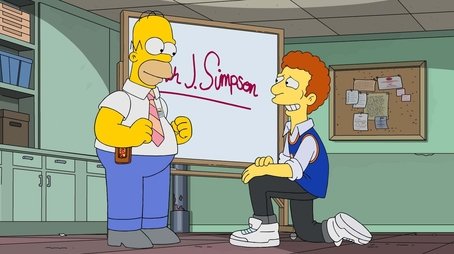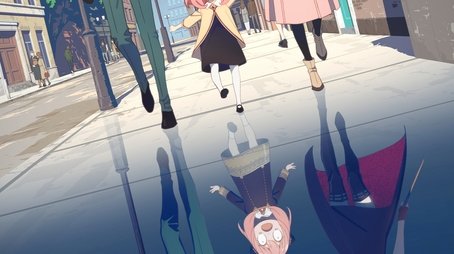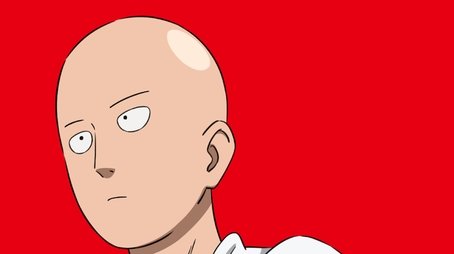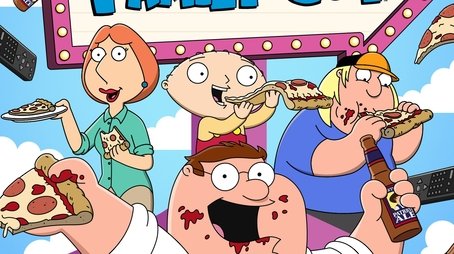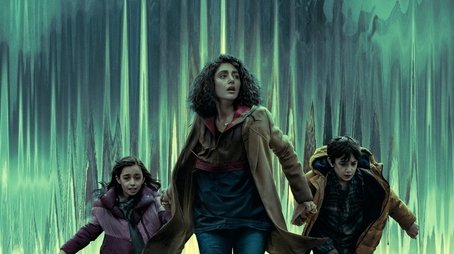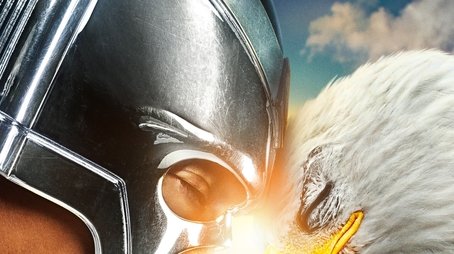
Ask Your Own Question
What is the plot?
The episode begins with Homer Simpson feeling unfulfilled in his job at the Springfield Nuclear Power Plant. He is inspired by a motivational speaker, who encourages him to take risks and pursue his dreams. Motivated by this newfound enthusiasm, Homer decides to take a leap of faith and invest in a food truck business, believing it will bring him happiness and success.
Homer's first step is to convince Marge to support his idea. He presents his vision of a food truck that serves gourmet donuts, which he believes will be a hit in Springfield. Marge, initially skeptical, eventually agrees to help him, seeing his excitement and determination. They begin brainstorming ideas for the food truck, and Homer becomes increasingly obsessed with the concept, envisioning it as a path to fame and fortune.
As Homer prepares to launch his food truck, he faces several challenges. He struggles to find the right location to park the truck and attract customers. His first attempts are met with failure, as he competes against established food vendors who have loyal followings. Frustrated but undeterred, Homer decides to go big by creating a flashy marketing campaign to draw attention to his food truck.
Homer's marketing efforts include a grand opening event, where he plans to unveil his gourmet donuts to the public. He enlists the help of his family and friends, who assist in setting up the event. However, the day of the grand opening does not go as planned. A series of mishaps occur, including a malfunctioning generator and a mix-up with the food orders, leading to chaos at the event.
Despite the setbacks, Homer remains optimistic and continues to push forward. He decides to take a risk by offering a limited-time promotion, which he hopes will attract more customers. This gamble pays off, and the food truck begins to gain popularity. Homer revels in the success, feeling validated in his decision to pursue his dream.
However, as the food truck business grows, Homer becomes increasingly consumed by it. He neglects his family and other responsibilities, leading to tension at home. Marge expresses her concerns about Homer's obsession, but he brushes them off, believing that he is on the verge of achieving greatness.
The turning point comes when Homer faces a moral dilemma. He discovers that a rival food truck owner is using unethical practices to undermine his business. Torn between his desire to win and his principles, Homer must decide whether to retaliate or take the high road. Ultimately, he chooses to confront the rival directly, leading to a heated exchange that reveals the rival's true character.
In the climax of the episode, Homer realizes that his pursuit of success has come at a cost to his family. He has an emotional moment of reflection, understanding that his happiness is not solely tied to his business achievements. He decides to scale back the food truck operations and prioritize spending time with Marge and the kids.
The episode concludes with Homer finding a balance between his ambitions and his family life. He continues to run the food truck but does so in a way that allows him to be present for his loved ones. The final scene shows the family enjoying a day together, with Homer content in the knowledge that he can pursue his dreams while still cherishing his family.
What is the ending?
In the ending of "Go Big or Go Homer," Homer Simpson, after a series of misadventures and attempts to impress his family and friends, ultimately finds himself in a precarious situation involving a giant inflatable version of himself. He learns the importance of being true to himself and the value of family support. The episode concludes with Homer embracing his identity, and the family coming together, showcasing their love and unity despite the chaos.
Now, let's delve into the ending in a more detailed narrative fashion:
As the episode nears its conclusion, Homer finds himself in a dramatic showdown at the Springfield Fair, where he has been trying to prove his worth and impress his family. The fair is bustling with excitement, filled with colorful booths, carnival games, and the laughter of children. However, the atmosphere turns tense as Homer's plan to create a giant inflatable version of himself goes awry.
In a pivotal scene, Homer, dressed in a makeshift costume, stands before a crowd that has gathered to witness his grand spectacle. The inflatable Homer, meant to symbolize his larger-than-life persona, begins to malfunction. Instead of soaring majestically, it starts to deflate and wobble uncontrollably, much to the horror of the onlookers. Homer's initial excitement turns to panic as he realizes that his attempt to impress has backfired spectacularly.
Meanwhile, Marge, Lisa, Bart, and Maggie watch from the sidelines, their expressions a mix of concern and disbelief. Marge, ever the supportive wife, calls out to Homer, urging him to remember who he truly is. Lisa, with her insightful nature, encourages him to embrace his flaws rather than hide behind a façade. Bart, in his typical mischievous style, tries to lighten the mood but ultimately shows his support for his father.
As the inflatable Homer continues to wobble, it becomes a metaphor for Homer's own struggles with self-identity and the pressure to be something he's not. In a moment of clarity, Homer realizes that he doesn't need to be a giant version of himself to be loved and accepted by his family. He takes a deep breath, steadies himself, and begins to speak to the crowd, expressing his genuine feelings and the importance of family over superficial achievements.
The crowd, initially skeptical, begins to warm to Homer's heartfelt words. They see the vulnerability in him, and slowly, cheers start to emerge. The inflatable Homer, now a symbol of his journey, deflates completely, but instead of despair, Homer stands tall, embracing his true self.
In the final moments, the Simpson family comes together, surrounding Homer with love and support. They share a heartfelt hug, reinforcing their bond. The fair continues around them, but for the Simpsons, the chaos fades away, leaving only the warmth of family connection.
As the episode wraps up, we see a montage of the family enjoying the fair together, laughing and playing games, highlighting the joy of being together. Homer, now content with who he is, smiles genuinely, knowing that he doesn't need to be anything more than himself to be a good father and husband. The screen fades to black, leaving the audience with a sense of warmth and the enduring message of family love and acceptance.
Is there a post-credit scene?
In the episode "Go Big or Go Homer" from Season 31 of The Simpsons, there is indeed a post-credit scene. After the main story concludes, the scene shifts to a humorous moment featuring Homer Simpson. He is seen in a classic sitcom-style setting, where he is attempting to impress a group of people with his newfound skills in a sport. However, as is typical for Homer, his efforts lead to a comedic disaster. The scene captures his clumsy nature and the absurdity of the situation, leaving viewers with a light-hearted and funny conclusion to the episode. This moment encapsulates the show's signature blend of humor and character-driven storytelling, highlighting Homer's perpetual struggle to achieve greatness, often resulting in hilariously unexpected outcomes.
What motivates Homer to enter the world of competitive eating?
Homer is motivated to enter the world of competitive eating after he discovers that he has a natural talent for it during a local food challenge. His desire to gain recognition and prove himself, along with the thrill of competition, drives him to pursue this new passion.
How does Marge react to Homer's competitive eating career?
Marge initially expresses concern about Homer's health and the potential dangers of competitive eating. However, as she sees his enthusiasm and the positive impact it has on his self-esteem, she becomes more supportive, albeit still cautious about the risks involved.
What challenges does Homer face in the competitive eating circuit?
Homer faces several challenges in the competitive eating circuit, including intense competition from seasoned eaters, the physical toll it takes on his body, and the pressure to maintain his status as a champion. He also struggles with the temptation of unhealthy eating habits and the impact on his family life.
Who are some of the key competitors Homer faces in the eating contests?
Homer faces off against various colorful characters in the competitive eating contests, including a rival eater who is highly skilled and has a reputation for being ruthless. These competitors push Homer to his limits, both physically and mentally, as he strives to prove himself.
What role do Bart and Lisa play in Homer's competitive eating journey?
Bart and Lisa play supportive roles in Homer's competitive eating journey. Bart is initially excited about the fame and attention that comes with it, while Lisa is more skeptical and concerned about the health implications. Their differing perspectives create a dynamic that influences Homer's decisions and adds depth to the family interactions.
Is this family friendly?
In "Go Big or Go Homer," there are a few elements that may be considered objectionable or upsetting for children or sensitive viewers:
-
Mild Language: The episode contains some instances of mild profanity and suggestive language that may not be suitable for younger audiences.
-
Themes of Failure and Rejection: The storyline explores themes of personal failure and the emotional impact of rejection, which could be distressing for sensitive viewers.
-
Physical Comedy: There are scenes involving slapstick humor that may be intense or alarming, particularly for younger children who might not understand the comedic intent.
-
Social Pressure: The episode addresses social dynamics and peer pressure, which could resonate negatively with children who are sensitive to such themes.
-
Emotional Turmoil: Characters experience moments of deep emotional struggle, including feelings of inadequacy and disappointment, which may be heavy for younger viewers.
Overall, while "Go Big or Go Homer" maintains the show's characteristic humor, these elements could be potentially upsetting for some children or sensitive individuals.

